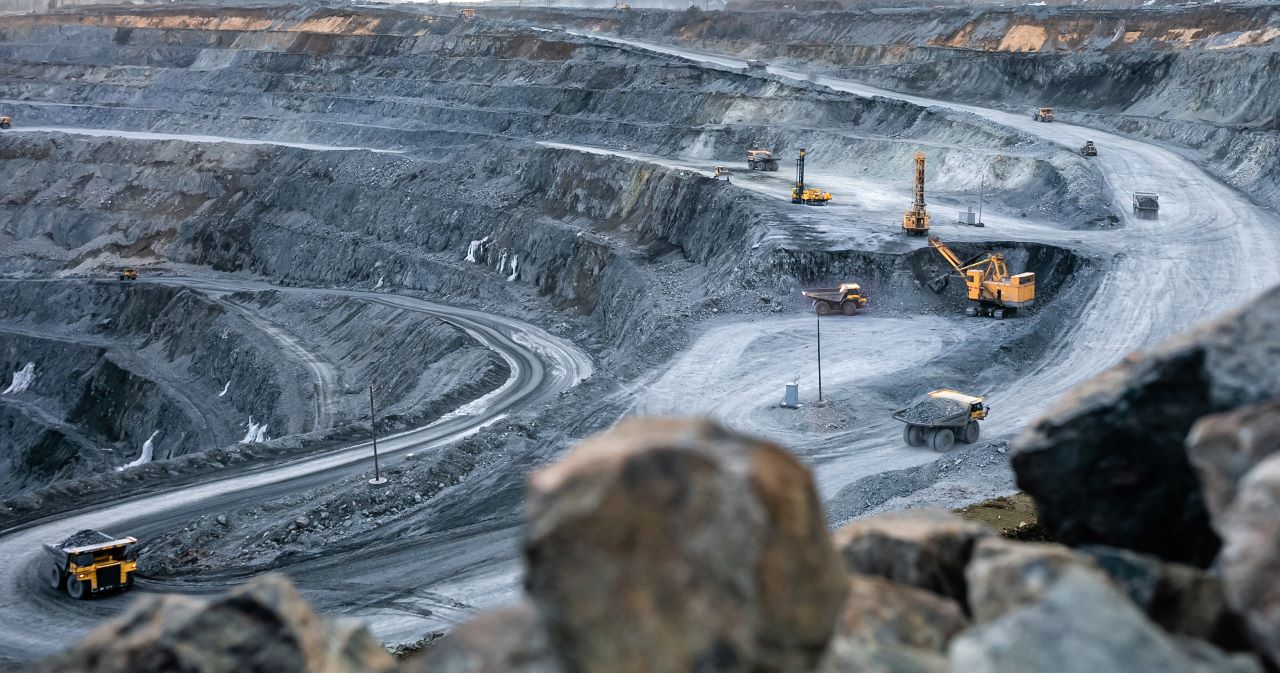Minerals play a pivotal role in various aspects of our lives, extending far beyond their mere presence in rocks and soil. From supporting bodily functions to driving economic growth, minerals are indispensable resources that shape our world. In this blog post, we will delve into the multifaceted significance of minerals, exploring their vital contributions to human health, technological advancements, and environmental sustainability.
- Minerals and Human Health:
Minerals are essential for maintaining optimal health and well-being. They are key components of enzymes, hormones, and vitamins, facilitating crucial physiological processes. For instance, calcium strengthens bones and teeth, iron aids in oxygen transport, and potassium regulates heart function. Deficiencies in minerals can lead to severe health issues, emphasizing the importance of a balanced diet rich in minerals. - Minerals and Technological Advancements:
The modern world heavily relies on minerals for technological advancements. Rare earth elements, such as neodymium and lanthanum, are integral to the production of high-tech devices like smartphones, electric vehicles, and renewable energy systems. Additionally, minerals like copper and aluminum are vital for electrical conductivity, enabling the transmission of power and data across various industries. - Minerals and Economic Growth:
Minerals are a cornerstone of economic development, driving industries and creating employment opportunities. Mining and mineral extraction contribute significantly to national economies worldwide. Countries endowed with abundant mineral resources often experience economic growth, as these resources are utilized in manufacturing, construction, and infrastructure development. Moreover, minerals serve as valuable exports, generating revenue and fostering international trade. - Minerals and Environmental Sustainability:
While minerals are crucial for human progress, their extraction and utilization must be approached sustainably. Responsible mining practices, such as minimizing environmental impact and promoting reclamation, are essential for preserving ecosystems and biodiversity. Additionally, recycling and efficient use of minerals can reduce the need for extensive extraction, conserving natural resources and mitigating environmental degradation.
Conclusion:
Minerals are far more than just geological formations; they are the building blocks of our existence. From supporting human health to fueling technological innovation and economic growth, minerals play an irreplaceable role in shaping our society. However, it is imperative to recognize the importance of sustainable practices to ensure the long-term availability and preservation of these invaluable resources. By understanding and appreciating the profound significance of minerals, we can strive towards a more sustainable and prosperous future.


